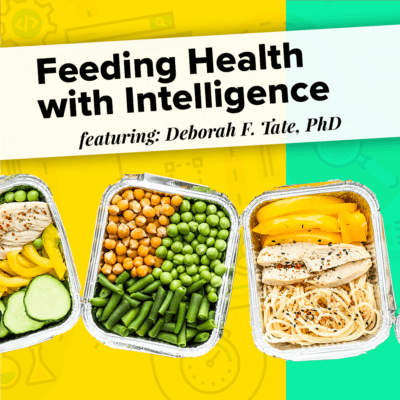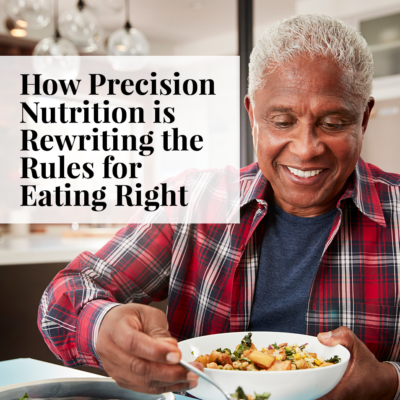Microbiome and Nutrition
The complex community of bacteria, yeasts and viruses living in our intestines, collectively known as the gut microbiome, is shaped, in part, by what we eat. Genetics, environment, and other factors also influence an individual’s microbial community. Research at the NRI investigates these complex relationships and their impact on disease risk. We use animal models and bioinformatics to study the associations between nutritional metabolites, gut microbiome, and health. What happens in the gut doesn’t stay in the gut. Your microbiome can play a role in cardiovascular disease, obesity and diabetes, and even cancer. Our team envisions a future where analysis of your microbiome can determine disease risk, and medical foods can be prescribed to treat and prevent disease by regulating the microbiome.
Publications
Microbiome and Nutrition Publications
2020
Population studies of TMAO and its precursors may help elucidate mechanisms. Meyer K
2019
Association of dietary patterns with the gut microbiota in older, community-dwelling men. Meyer K
2018
Meta-analysis of human genome-microbiome association studies: the MiBioGen consortium initiative. Meyer K
Human microbiota, blood group antigens, and disease. Sumner S
2017
Trimethylamine N-Oxide, the Microbiome, and Heart and Kidney Disease. Zeisel S
2016
Diet and Gut Microbial Function in Metabolic and Cardiovascular Disease Risk. Meyer K
Antibiotic-mediated gut microbiome perturbation accelerates development of type 1 diabetes in mice. Sumner S
Related News
NRI’s Virtual Internship Program (VIP) 2025: Shaping the Future of Nutrition Research
VIP 2025 Feedback Survey
Reserve Your Spot for a Guided Tour of the NRI on July 24
Thank you for your interest in touring the NRI! The open tour has reached capacity. Please fill out the form below if you would like to be added to the waitlist in case of cancellations. Join us on Thursday, July...
The Vitamin that Helps–and Hurts–Cancer
The Vitamin That Helps–and Hurts–Cancer[post_date]Madeline Childress joined the NRI in 2019 and began her docotral studies in the fall of 2020. She completed her undergraduate program at the University of Alabama, where she graduated with a major in Biology and minor...
Feeding Health with Intelligence featuring Deborah F. Tate, PhD
A new article written by Megan Mendenhall for UNC Research Stories explores how artificial intelligence (AI) is transforming science—and how Carolina researchers are using it to improve human health. UNC Research Stories is a digital storytelling series from UNC...
No More One-Size-Fits-All Diets: How Precision Nutrition Could Rewrite the Rules of Eating Right
Bryan Munoz, PhD, has a message for anyone who’s ever been tempted by the latest diet craze: be skeptical. “Let’s be honest, we’ve all heard it,” said Munoz, a research assistant in the Tate Lab at the UNC Nutrition Research Institute. “Eat like a caveman! Go...






